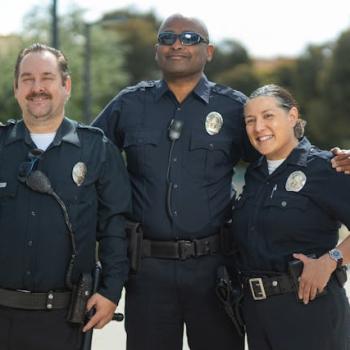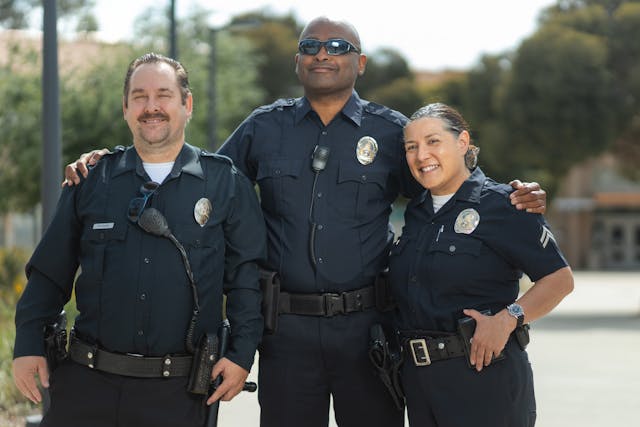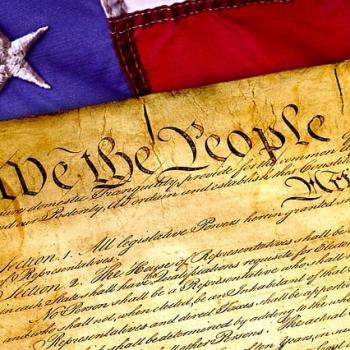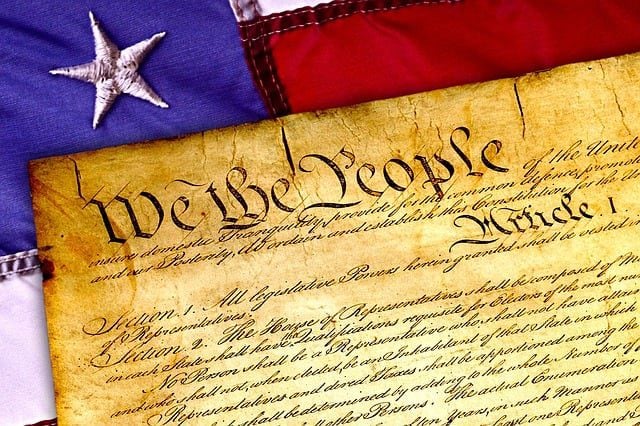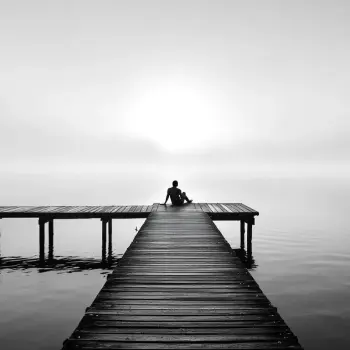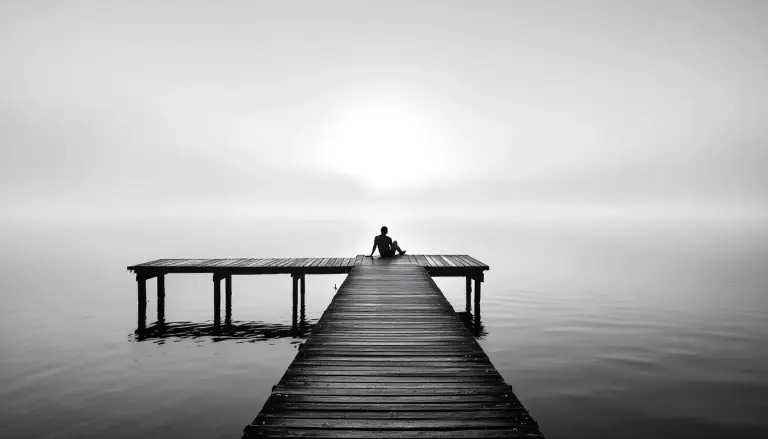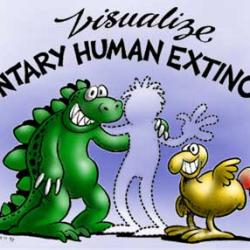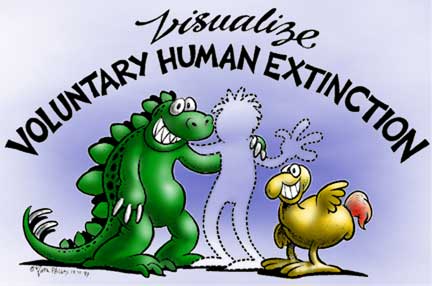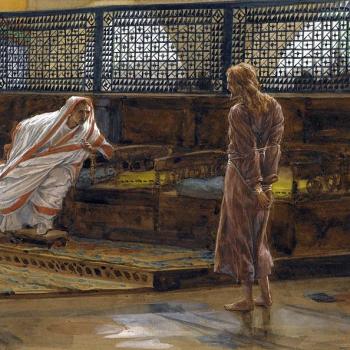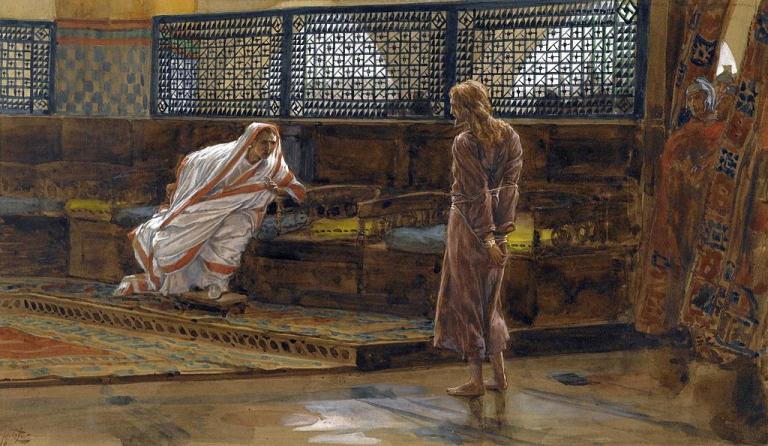We keep hearing about horrific crimes in New York City. An illegal immigrant set a woman on fire and calmly watched her burn to death. People getting shoved onto the rails in front of an oncoming subway. Assaults, shoplifting, and prostitution are surging. All of this despite NYC’s reputation as one of our safest cities.
Michael Alcazar is a former New York City cop, now a professor at New York’s John Jay College of Criminal Justice. He has written a fascinating article for Unherd entitled Why Gotham’s bad old days are back with the deck, “I was a New York cop. I saw what went wrong.”
Crime was actually far worse in the 1970s, but good policing–including implementation of the “broken windows” theory of policing, that cracking down on minor crimes and the appearance of disorder creates a climate of lawfulness–brought law and order back to Gotham. That was when Alcazar joined the force. He writes,
Dark as Gotham could be in those gritty days memorialised in film classics like Taxi Driver, there was always a ray of light: namely, a healthy respect for the police. Any disturbance would stop as soon as an officer stepped into the train, for example. Many of these cops were Vietnam veterans, and you could see the command and experience in their eyes. . . .
It’s the crucial element missing today, as disorder grips the Big Apple once more. Law-breakers don’t respect law enforcement — and for good reason: they know that, thanks to misguided criminal-justice “reform”, they can re-offend over and over with utter impunity.
He tells about how, as a rookie cop, he was assigned to patrols that went into abandoned buildings to clear out the drug dealers and addicts. He was also assigned to “Operation Takeback,” which was engaged in “tackling minor violations — vandalism, urination, aggressive panhandling, and the like — that could foster an atmosphere of lawlessness. Little did we know then that this was the so-called broken-windows theory of policing in practice.”
This resulted in New York City’s “renaissance,” of the 1990s, in which once depressed neighborhoods thrived again, Times Square became family-friendly, and the arts scene flourished. “These and other changes were driven by a police culture of strict enforcement. These officers were no-nonsense and motivated. They took pride in their jobs and had the support of the mayor, the NYPD brass, the media, and the people they served. Then it all went downhill again.”
Alcazar does not exempt the police department from at least some of the blame. “The NYPD became a victim of its own success.” The beancounters took over, failing to adjust proven tactics to actual conditions. They required officers to use the “stop-and-frisk” tactic and quantified how many “touches” they performed, using that as a means of assessment. “The pressure at times translated into needlessly gruff, insensitive treatment.”
Citizens complained. Then came the scandals of police mistreatment nationwide, culminating in the death of George Floyd in Minneapolis. This resulted in the “defund the police” movement and calls for criminal justice reform. In response, the New York state legislature eliminated cash bail, the local attorney general stopped prosecutions for routine crimes, criminals were released soon after they were arrested, and crime shot up again.
Instead of taking a holistic view of what the public wanted and balancing competing demands, the [Mayor Bill] de Blasio administration folded to the loudest activists. Hizzoner permitted rioting, property destruction, and assaults on police officers. Mass police retirements occurred nationwide and in Gotham. Police morale sank — and remains low: applicants to the NYPD sank to 8,000 this year, down from 18,000 in 2017.
Crime is still down from what it was in the 1970s. But since 2019, major crimes are up 31%; the murder rate is 20% higher; and there are 29,000 more crime victims than there were then.
Moreover, the perception of disorder makes people feel unsafe, to the detriment of the entire city. This sounds to me like the converse of the broken window theory. Allowing minor crimes and the appearance of disorder creates a climate of lawlessness.
Here is another idea: Recovering and honoring the vocation of the police officer. That means, police officers should do their proper work of enforcing the law, and doing so in a spirit of love and service to their neighbors, both those they are protecting and those they are apprehending.
Photo: Police Officers in Their Uniform by Kindel Media via Pexels, Public Domain: https://www.pexels.com/photo/police-officers-in-their-uniform-7714726/


